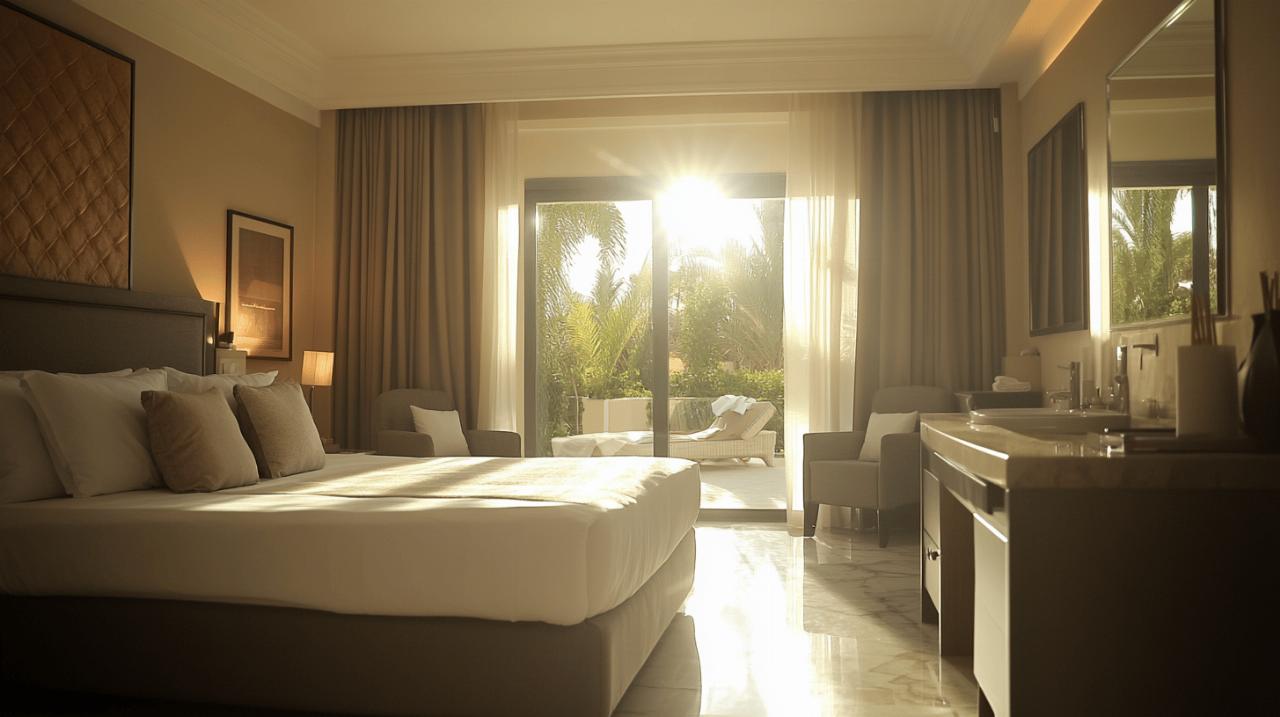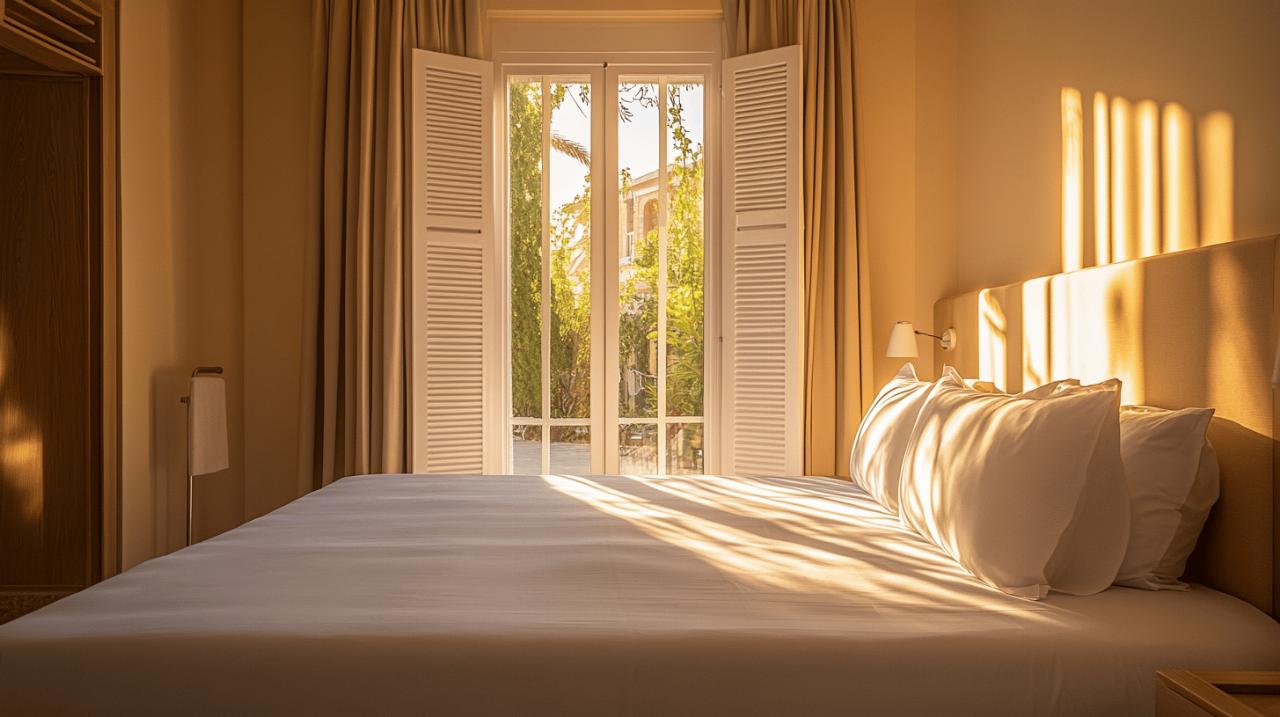Essential Hotel Hygiene Tips for a Safe Stay in Hammamet

Planning a relaxing getaway to the beautiful coastal town of Hammamet requires more than just packing your swimwear and sunscreen. In today’s travel landscape, understanding and implementing proper hygiene practices during your stay has become essential for ensuring a safe and enjoyable holiday experience. This guide will help you navigate your Tunisian adventure with confidence while maintaining the highest standards of personal hygiene.
Hand hygiene practices for travellers
Maintaining clean hands is your first line of defense against illness while traveling. Tourism experts at https://www.travelerseiten.de/ emphasize that proper hand hygiene should be a top priority for visitors to Hammamet, particularly when moving between different environments such as your hotel, public transportation, and tourist attractions.
Proper handwashing techniques in your hotel room
When washing your hands in your hotel bathroom, use soap and water for at least 20 seconds, making sure to clean between fingers, under nails, and up to your wrists. This becomes especially important before meals and after returning to your room from public spaces. The warm climate of Hammamet, which can reach 35°C in summer months, creates conditions where germs may thrive, making thorough handwashing even more crucial.
When to sanitise your hands during your hammamet stay
Carry a travel-sized hand sanitiser for times when soap and water are unavailable. Use it after handling currency, touching shared surfaces in common areas, or using public transportation like the local louage shared minivans. This becomes particularly important when visiting bustling areas such as markets or when dining at the hotel buffet where many guests serve themselves using the same utensils.
Room sanitation strategies
While hotels in Hammamet generally maintain good cleaning standards, taking personal responsibility for your immediate environment can provide additional peace of mind during your stay.
High-touch surfaces to clean upon arrival
Upon checking into your hotel room, take a few minutes to sanitise key high-touch surfaces. Focus on door handles, light switches, remote controls, telephone handsets, and bathroom fixtures. These areas are frequently touched by previous guests and cleaning staff but may not receive thorough disinfection between each stay. This practice is especially valuable when staying at popular accommodations like the Hotel Bel Air Hammamet, where numerous international travelers pass through.
Daily cleaning routine for your hotel room
Establish a quick daily cleaning ritual for your room that includes wiping down surfaces you use frequently. Request fresh towels if needed rather than reusing damp ones that can harbor bacteria in humid conditions. Consider turning down housekeeping service if you prefer minimizing the number of people entering your space, instead requesting fresh linens and towels to be left outside your door.
The importance of proper ventilation
Good air circulation plays a vital role in maintaining a healthy environment in your hotel room, reducing the concentration of any airborne particles and creating a more comfortable space.
Best Times to Air Out Your Room in Hammamet
The optimal times to ventilate your room in Hammamet are during the early morning or evening hours when temperatures are milder. During summer months when daytime temperatures soar, early morning ventilation between 6 and 8 am provides fresh air without overwhelming heat. In winter, when temperatures hover around 15°C, midday ventilation might be more comfortable. Avoid opening windows during times when insects are most active, typically at dusk.
Balancing air circulation with climate control
Finding the right balance between fresh air and comfort can be challenging in Hammamet climate. When using air conditioning, periodically turn it off and open windows to refresh the air. If your room has a ceiling fan, use it in conjunction with slightly open windows to create airflow without dramatically affecting room temperature. This approach helps prevent the dry air conditions that can irritate respiratory passages while still maintaining comfort.
Navigating common areas safely
Hotel common areas present unique challenges for maintaining personal hygiene due to their shared nature and high traffic from guests and staff.
Lifts, lobbies and lounges: maintaining personal space
When using hotel lifts, consider waiting for a less crowded car or taking the stairs if possible. In lobbies and lounges, select seating that allows some distance from other guests. Touch shared surfaces minimally, using a tissue or your elbow for elevator buttons. These precautions become more relevant during peak tourism seasons when hotels operate at full capacity and common areas become more congested with international visitors.
Dining facilities and buffet safety measures
Buffet dining, a common feature in Hammamet hotels, requires special attention. Wash your hands before approaching food service areas. Use the serving utensils provided rather than your personal cutlery, and avoid touching multiple items before selecting one. Consider dining during less busy periods to reduce exposure to crowds. Many hotels have enhanced their serving protocols, with some moving toward served buffets where staff plate your selections rather than allowing direct guest access to food containers.
Essential hygiene items to pack
Preparing a well-stocked hygiene kit before your journey ensures you have necessary supplies regardless of local availability.
Creating your personal travel hygiene kit
Your travel hygiene kit should include hand sanitiser containing at least 60% alcohol, disinfectant wipes for surfaces, face coverings for crowded spaces, personal toiletries to avoid using hotel-provided items, and disposable gloves for situations that might require them. Consider adding individual packets of tissues and a refillable water bottle with a purification system if you have concerns about water quality, though bottled water is readily available throughout Hammamet.
Sustainable alternatives to single-use products
While prioritizing hygiene, you can still make environmentally conscious choices. Instead of disposable wipes, pack microfiber cloths and a small bottle of disinfectant spray. Choose refillable containers for your toiletries rather than purchasing travel-sized products for each trip. A reusable fabric face covering that can be washed daily provides protection while creating less waste than disposable masks. These sustainable practices align with global tourism trends toward more responsible travel without compromising on personal health standards.

























